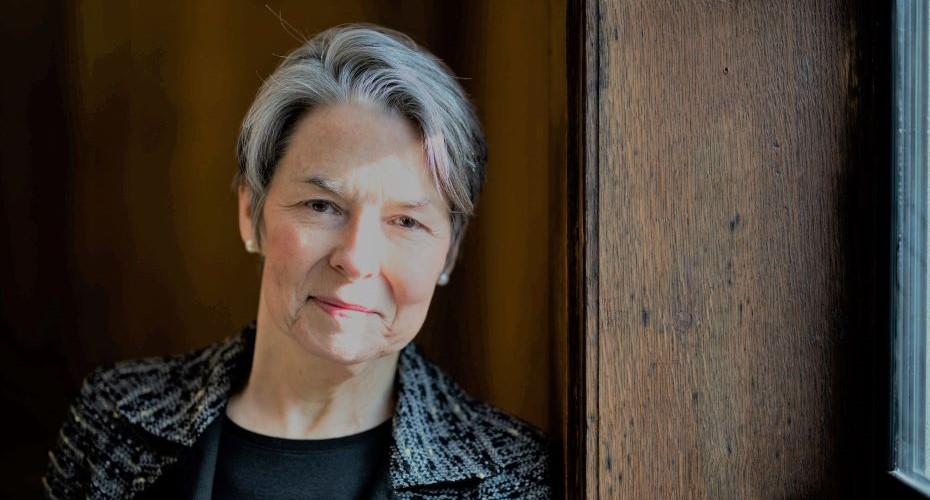
Posted by The Law School
23 July 2025The Paradoxes of Property Law: From Castles and Contracts to Information and Ideas
These lectures examine what is protected under the rubric of ‘property,’ and why this special form of protection is provided in some contexts but withheld in others. The focus is on the various paradoxes that confound expectations and complicate accepted orthodoxies in property law. These subtle but persistent irregularities provide useful insights in dealing with some of our more intractable modern problems concerning the allocation and protection of scarce resources.
Although all laws serve a societal function, the framework of property law stands as a particularly powerful legal and normative institution. It structures and protects the acquisition, control, use, transfer and loss of access to valuable resources. Yet what, precisely, qualifies as ‘property’? What kinds of legal protection follow from that classification? And, crucially, what lies outside the “property box,” and with what consequences?
The aim in this series of lectures is to determine whether the current architecture of property law is capable of responding adequately to increasingly strident modern demands concerning the allocation and protection of new and newly valued modern resources.
Sarah Worthington DBE KC(Hon) FBA is a British legal scholar and barrister. She is Professor of Law at the LSE, trustee of the British Museum and Chair of LSE Press. She returned to the LSE in 2022 after 11 years in Cambridge as the Downing Professor of the Laws of England where she co-founded and directed the Cambridge Private Law Centre. She specialises in commercial equity, personal property and corporate law. Her work has been influenced by time spent as a part-time deputy High Court judge, visiting appointments in Australia, South Africa and Hong Kong, and work with law reform and advisory bodies in the UK, US and Europe. She is a Barrister and Bencher of Middle Temple and an Academic Member of South Square Chambers. Her books include Equity in the Clarendon Law Series, the monograph Proprietary Interests in Commercial Transactions and Gower’s Principles of Modern Company Law (forthcoming edition with Professor Paul Davies and Mary Stokes).
Lecture 1: What Does It Mean to Own Something?
This opening lecture addresses the foundational question: what does it mean to “own” something? It begins with assets we instinctively regard as property—a bicycle, a share, a patent—and contrasts these with other assets we also describe as “mine”, but which law treats differently—my privacy, my kidney, my idea, my data.
Ownership typically implies a right to exclude, to transfer and to seek redress for interference. But how far do those rights and protections extend? When can others deprive us of our property? What happens when others take or use our property, or damage or harm it? Some of these rules conform to widely held expectations; others do not. The “anomalies” are revealing, suggesting deeply embedded normative intuitions that offer guidance in exposing and developing a more nuanced and coherent legal framework.
Lecture 2: What Do We Own and What Can We Own?
This lecture turns to the objects of ownership. What can we legally own, and how; and how are such interests created and extinguished? The focus ranges from traditional to emerging objects of ownership, concentrating on the more contested resources.
The lecture covers longstanding doctrinal and social debates over property in information, ideas, body parts and image rights; it also includes contemporary debates over ownership of cryptoassets, NFTs, AI-generated art and personal data. By probing these areas, this lecture highlights the tensions involved in regulating these novel forms of valued resources.
Lecture 3: Are These Ideas of Ownership Fit for the 21st Century?
The final lecture asks whether our legal conception of property—with all its doctrinal sophistication and internal nuance—is adequate to meet the challenges of the twenty-first century. It examines whether existing property frameworks can meaningfully govern rights in resources now seen as both newly essential and increasingly scarce.
Examples include not only natural resources like clean water, air and energy, but also newer forms of value: cultural property, accurate information, and personal data and privacy. Can these be protected through the legal architecture of property, or is the “property box” an unsuitable container? This concluding lecture reflects on whether property law can evolve and expand to meet these concerns, or whether another route must be found.